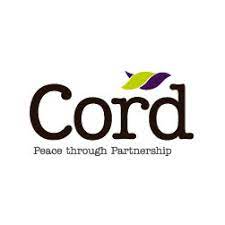While Cambodia enjoys relative stability and is one of the prominent countries in the region, political life is tightly controlled under the premiership of Prime Minister Hun Sen, who has been in power since 1985. The main opposition party has been banned, with one leader in exile and another accused of trying to overthrow the government. Local organisations, community leaders, independent media and human rights defenders are viewed as a threat. They face violence, arrest and intimidation. Online activities are also being restricted by increased surveillance and censorship. This infringes on people’s rights to freedom of speech and privacy.
Cambodia boasts large areas of untouched forest, abundant in natural resources and biodiversity. However, because authorities can make huge profits, the land is being sold off to investors and the country has one of the highest deforestation rates in the world. Since 2001, Cambodia has lost around 24 percent of its tree cover. The forests have been home to Indigenous people who have protected it for generations. Now they find themselves at the centre of disputes and legal battles for ownership of their ancestral land.
Within the country women remain hugely underrepresented. The conservative culture is male led. Women are viewed as submissive. Their skills are valued below those of men. Parents do not encourage their daughters to get a higher education as they see their role as caring for children and looking after the home. Despite this, change is happening, particularly among young people. There is increasing evidence of women organising themselves to protect forests and campaign for equal rights. However, they face the double challenge of powerful companies and political will, in addition to gender stereotypes and cultural traditions.
